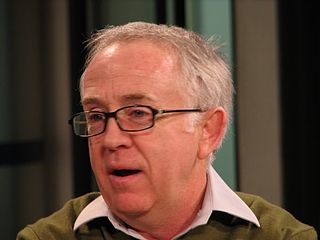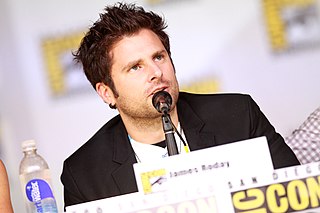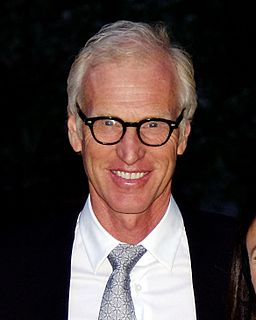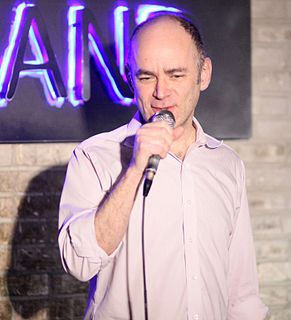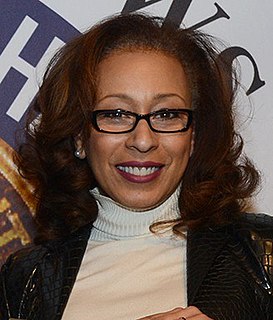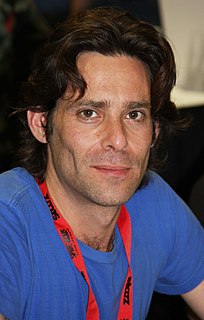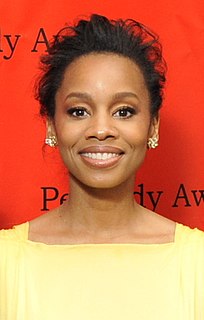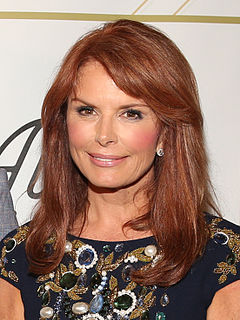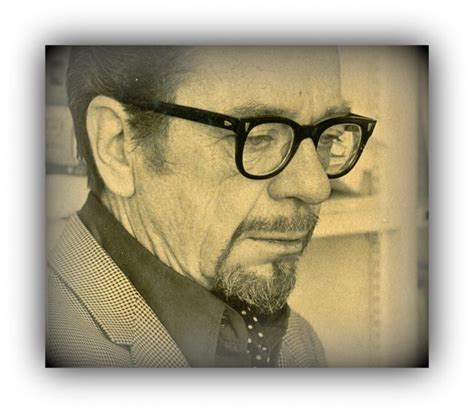A Quote by Mike Birbiglia
The way I view comedy clubs is, people are drinking, they're ordering food, they're out for the night, and there's also a person onstage talking. And with the theater, they came to the theater, and they're waiting to hear what you say. So you'd better have something to say.
Related Quotes
'Saturday Night Live' is a whole different arena. It's great fun and I love it and that's what we do in the Practical theater. I believe in it wholeheartedly and will do it the rest of my life. But there's also legitimate theater, be it comedy, drama, classics or modern plays which I think is important and something I want to be involved in too.
The problem with a lot of comedy clubs is not that they are a comedy club; it's just the cheesy way they're presenting themselves. That's why a lot of people have a problem with them. If you're a relatively unknown comedian, you can play at a comedy club, you might play to hundreds of people every night. But if you try to make a concert event out of it, and try to play a rock club or something, where you might play to 10 people or no people. And the flipside of that is, that's also a great thing, to play to people who are your fans. Some people are too hard on the comedy clubs.
When a theater goes dark for the night, a stagehand leaves a lighted lamp on stage. No one knows why any more, but some old timers say it is to keep the ghosts away. Others say it lights the stage for the ghosts to play. Whichever theory one adheres to, most people agree: a great theater is haunted.
I was desperate to do more TV and film. Because I considered myself to be a theater creature. A theater animal. I was convinced that I was going to be onstage for the rest of my life. Because it's something I can really do. I thought I was pretty good at it, and it's kind of stupid, but I was concerned that people would go, "Oh yeah, he's very good onstage, I'm not sure he can do television."
It's very difficult to speak to a large group of people these days and not offend someone. I know people walk around with their feelings on their shoulders waiting for you to say something - ahh - did you hear that? And they can't hear anything else you say. The PC police are out in force at all times.
I think the New York theater audience is very savvy. Sometimes you get newbies who think they're going to be watching Smash onstage, and sometimes you have people who have been coming to theater for years. It's the combination of those people in an audience that makes for a pretty amazing night - their ability to give each other permission to react and enjoy, in a way that maybe they wouldn't if they weren't sitting next to each other.

